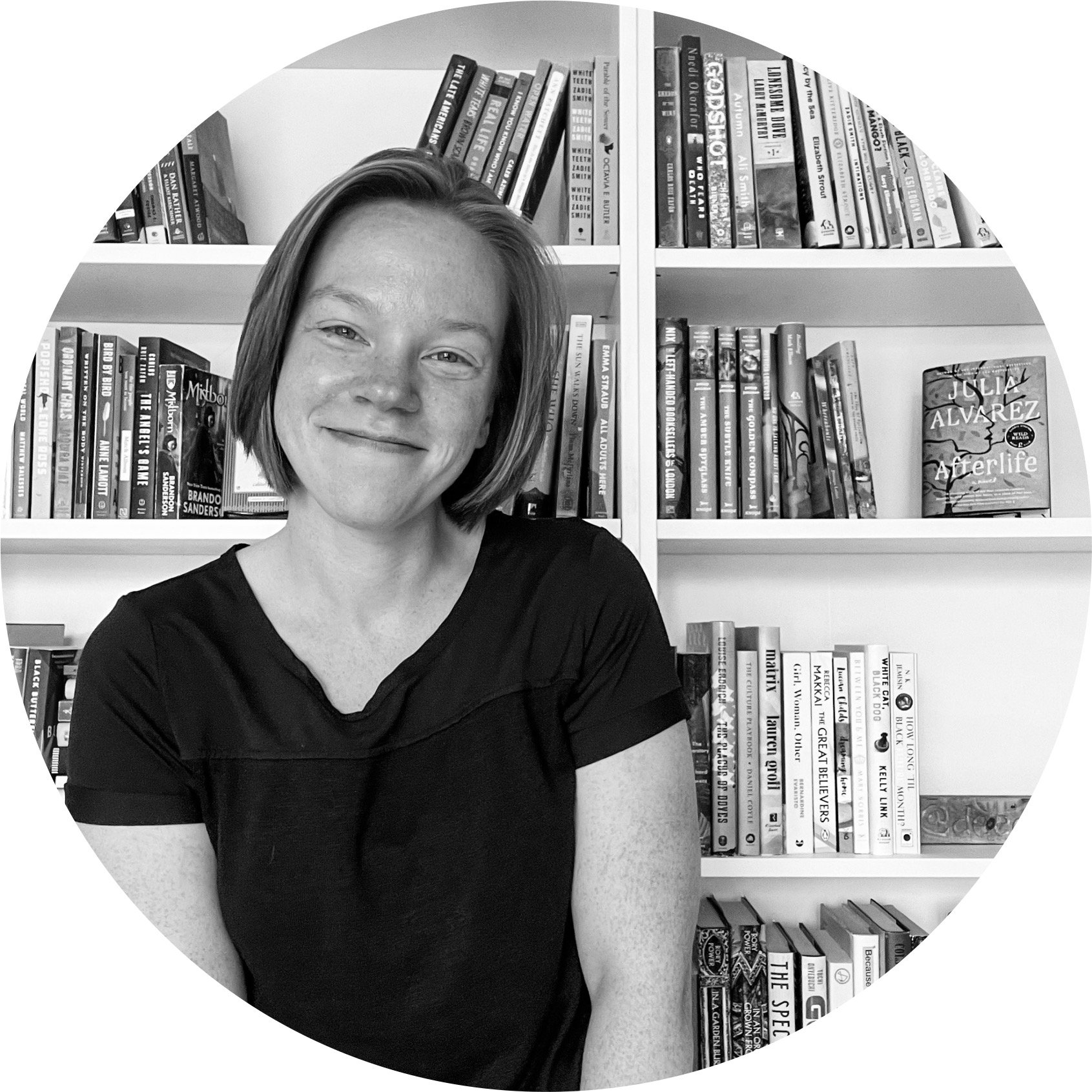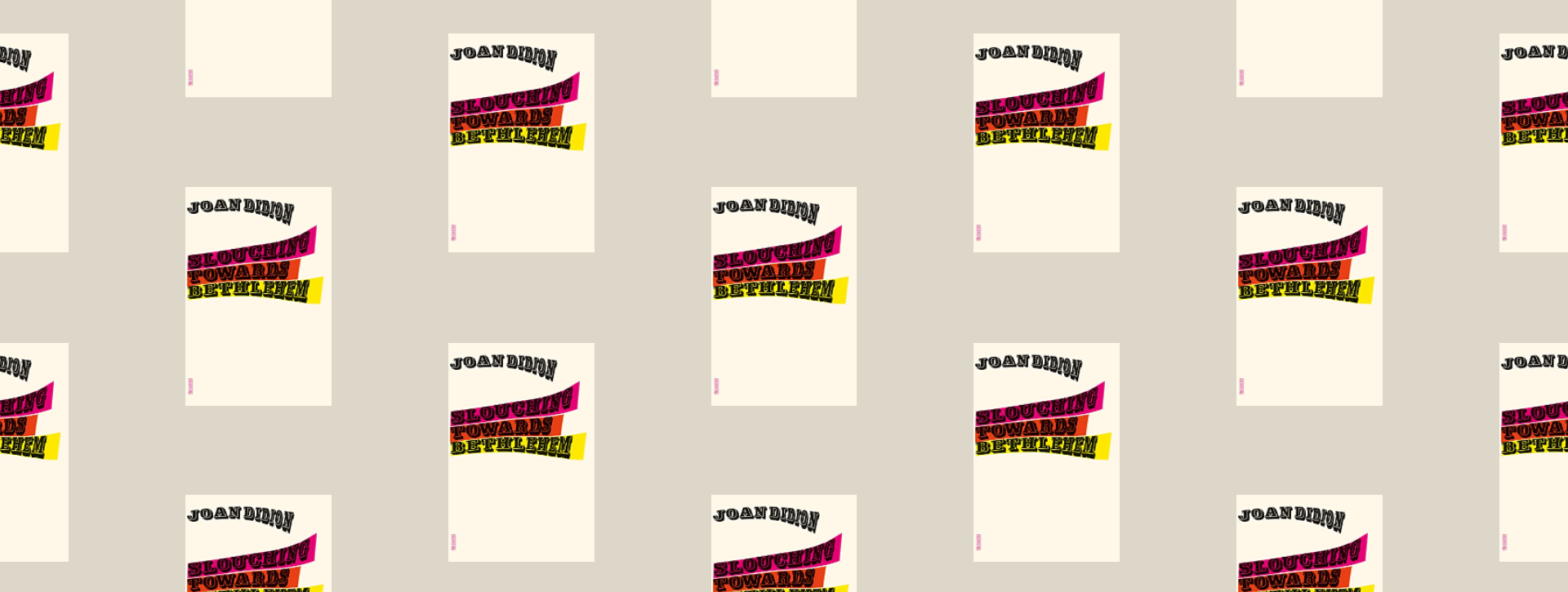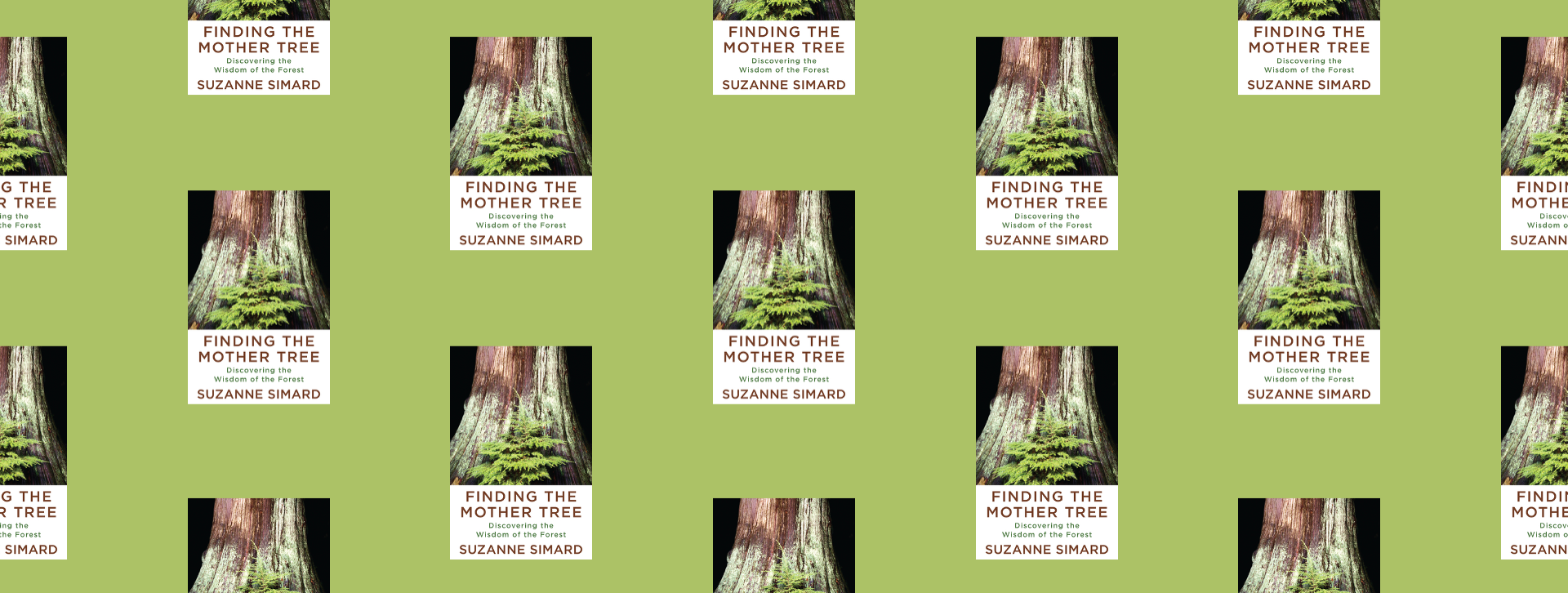Dyscalculia is a hard-hitting, strikingly original little book about a messy breakup amid the author’s lifelong struggle with trauma and mental illness. It’s a very quick read that will definitely make for a strong reread.
I’m Deedi.
Thanks for visiting my little slice of the internet. I’m so glad you’re here.
Let's be friends.





















